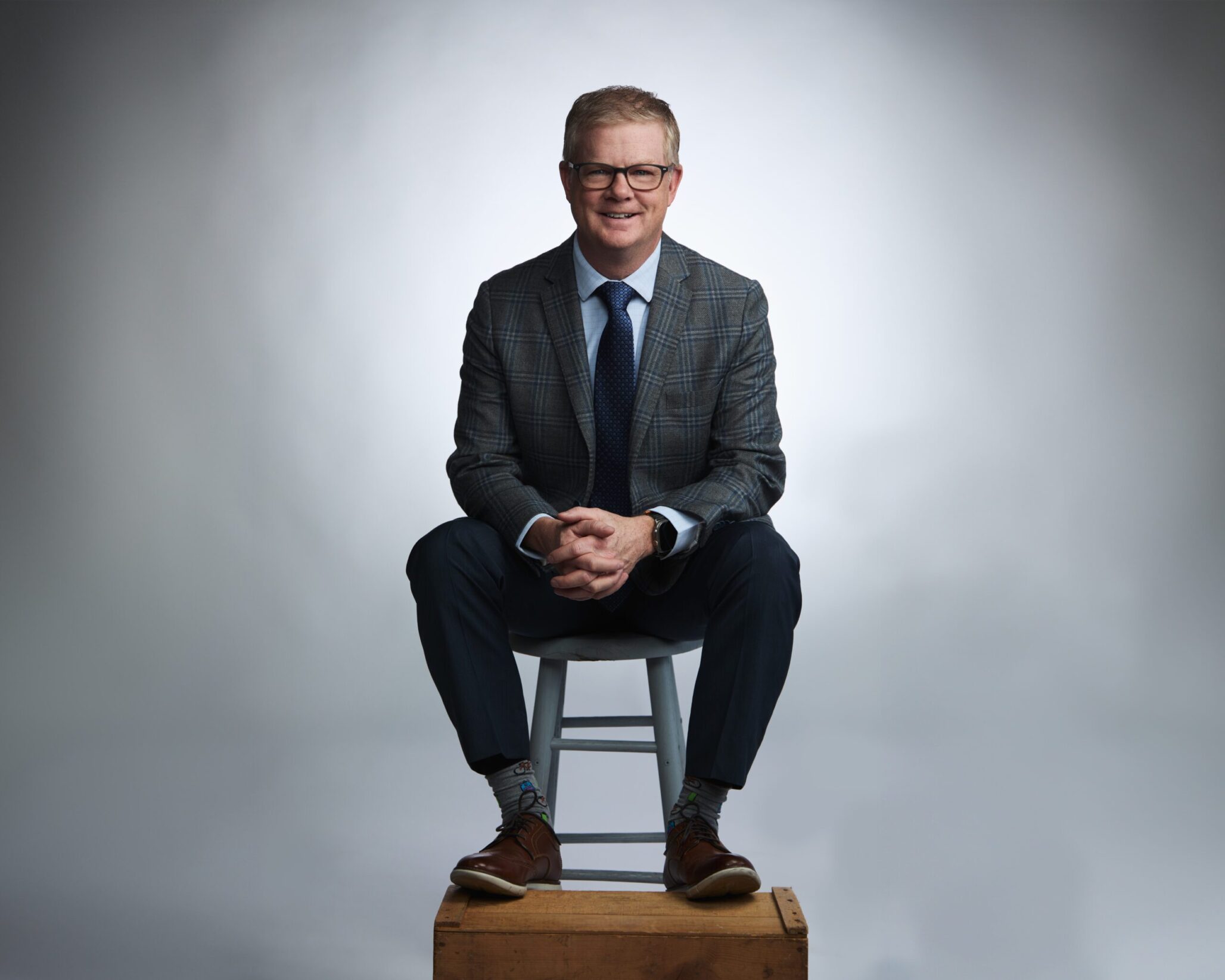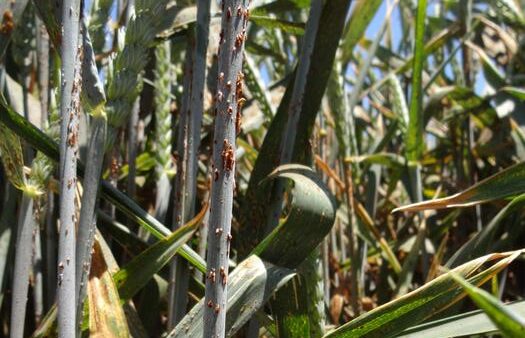Catching up with Colin Steen as his IPSA board presidency enters the last quarter of his IPSA term.
I recently caught up with Colin Steen, current president of the board for the Independent Professional Seed Association (IPSA) and CEO of Legacy Agripartners. It’s been a busy year, but the work is far from over as he heads into the final quarter of 2024.
SW: Reflecting on your time as president so far, what has been on your mind the most?
Steen: Independents are at a real crossroads with regards to the choices we must make for our businesses in the future. The ag economy is very difficult, and we must find a way to differentiate our businesses from the majority of the market moving forward. Whether that is with the products/varieties/hybrids we sell, or the suppliers we choose to work more closely with, we all have to evaluate what we will focus on in the years ahead.
SW: What are your key priorities for the remainder of your term? What challenges do you see for independents?
Steen: My key priorities for the remainder of the year are really two things. One is helping IPSA grow its membership in ways that we have not considered in the past. What other companies, sellers of seed are we are not reaching out to today that could benefit from being part of an organization like IPSA? And secondly, I really want to focus on helping our members understand that before long, we will have more choice and more opportunities for broadening our suppliers of traits and genetics than we have had in the past. And with this increased choice comes the importance of having a plan and understanding what choices work best for your business.
The challenges for independents are largely un-changed from when I started on the IPSA board. While we have the advantage of being local, it certainly is a challenge to compete with the major seed companies when we are licensing our traits and genetics from them. This is far and away our largest challenge, but other challenges like increasing COGs due to inflation and retaining our best people are additional areas that concern of our membership.
SW: What emerging issues or trends do you believe will have the greatest impact on independent seed companies in the next five years, and how should they prepare for these changes?
Steen: We are on the verge of seeing a lot more providers of genetics coming into the market than we have seen in the past. It will be important for each of us to understand the impacts that these new choices can have on our businesses, as well as on our current providers. It will not be the status-quo moving forward, and we will need to test products and understand how we can grow our business and improve our margins with either our current suppliers of traits and genetics or future suppliers.
SW: With the growing concerns around sustainability and innovation in the seed industry, what role do you see independent companies playing in this space?
Steen: Independent seed companies are a natural fit to be on the cutting edge of adopting new innovations in the seed industry. While we may not always have the capital that is required to develop new innovation from the beginning, we can test quickly and implement on a local basis much more quickly than the larger players in the seed space.
We don’t suffer from a ‘not invented here’ mindset, and as a result, we can take a much more unbiased approach to implementing new technologies. Look at the company InnerPlant for example; Peterson Farm Seeds has been testing this approach for some time, and has been a strong advocate for their team for many years now. Independents like Peterson Farm Seeds and many others have found these new technologies and introduced them to their customers much more quickly than the major seed companies are willing to do.
This will always be the primary mission of the IPSA association and board. If we can connect like-minded thinkers and seed companies in a room, or at a farm tour and have them learn from each other that is step one. There are more than 100 independent seed companies in the United States today that all have unique approaches and strategies in the market. If I can, or others can learn a little more about each other we can implement the strategies that are needed to be successful in our own market.
I strongly believe that independents will always be the most local and most knowledgeable source for seed that exists in the United States. Our primary advantage is a presence in the same communities where our customers live and understanding their farming operation. If we can combine that advantage with being early to adopt new innovations and broaden our choices of genetics and traits; I believe that we can continue to grow market share in the United States.










